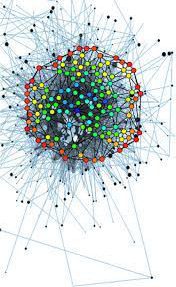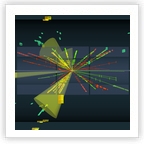Physics and Astronomy
I am very passionate about teaching science and data science at all levels (graduate, undergraduate, K-12).
In Spring 2024, I will teach the PH451/PH551 Machine Learning course that I have developed at UA.
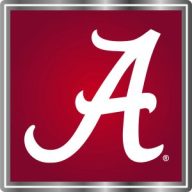
In Fall 2023, I have taught the PH561 Nuclear and Particle Physics course.

In Summer 2023, I have organized the first University of Alabama K-12 Teacher Coding Workshop. Given the success of the first workshop, 2024 will feature another more expanded workshop on this topic.
In Spring 2022, I simultaneously taught my PH451/PH551 Machine Learning course for undergraduate and graduate students at the University of Alabama and as a Fermilab LHC Physics Center course for ~125 remote participating high-energy physics students from US and International Institutions.

In Spring 2022, my Machine Learning course became a UA catalog course PH451/PH551 Machine Learning, with students from many UA departments and colleges enrolling in it.

In Spring 2021, I developed and taught a new PH482/PH582 Machine Learning course for undergraduate and graduate students at the University of Alabama.

The course is a mixture of foundational and applied ML and includes various elements of experiential learning. As part of the course, I incorporated mini ML-hackathons that were highlighted in a Physics Today article on hackathons in physics.
In Fall 2020, I taught General Physics 101 course at the University of Alabama.

As part of the course, I developed new learner-centered laboratory modules and introduced various active learning techniques for the virtual classroom environment.
In Spring 2020, I taught the General Physics 101 course at the University of Alabama in the Studio format.

As part of the course I developed novel learner-centered laboratory modules and extended the use of active learning techniques in a studio-format classroom.
In the past I have taught the following courses:
This course was the basic introduction to astronomy with laboratories inside and outside (with the use of telescopes). I have helped update the laboratory manual and introduced two new labs to the existing course.
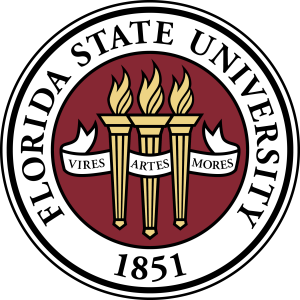
- CMU 33-104 Experimental Physics Laboratory (as a teaching assistant)
This was an introduction to methods of experimental physics course, covering basics of experimentation and data analysis, error analysis and presentation of results.
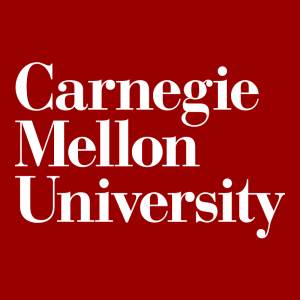
Data Science
In addition to my UA Machine Learning course, I frequently teach mini lecture-courses on machine learning, covering the following subjects: fundamentals of machine-learning and classification theory, basic and advanced machine-learning methods, deep learning, feature extraction, unsupervised learning, anomaly detection, generative modeling, physics-inspired machine learning and quantum machine learning.
In the Spring semesters (2021, 2022, 2023, 2024), I have taught my Machine Learning course at the University of Alabama

In Summer 2024, I will teach machine learning lectures at the 11th International Deep Learning School (DeepLearn2024) in Porto, Portugal. I will also organize a special hackathon for the school participants.

In Summer 2023, I have taught quantum machine learning lectures at the Korea Institute of Advanced Study (KIAS) AI in High-Energy Physics Summer School
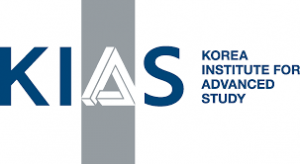
In Spring 2023, I have taught machine learning lectures at the 9th International Deep Learning School (DeepLearn2023) in Bari, Italy.

In January 2021, I planned to give invited lectures at the 4th International Deep Learning School (DeepLearn2021) in Milan, Italy which got postponed to Summer 2021 and moved to Las Palmas de Gran Canaria.

In 2019, I presented lectures at the 3rd International Summer School of Deep Learning (DeepLearn2019) in Warsaw, Poland.

I also taught a special Machine Learning Workshop at University of Puerto Rico and presented lectures and tutorials at the INFN School of Statistics (INFN2019) in Paestum, Italy.
- Lectures on machine learning at the Machine Learning, Statistics and Outreach Workshop at CERN, Switzerland in September 2018
- machine learning lectures for ~130 participants
- co-organizer of workshop and outreach training session
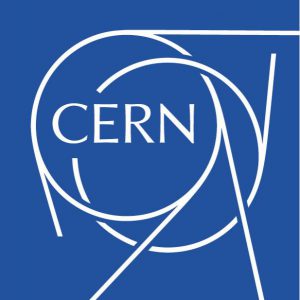
- Mini-course on deep learning in the 2nd International Summer School on Deep Learning DeepLearn2018 in Genova, Italy in July 2018
- invited mini-course for ~2000 students of all levels

- Lectures on machine learning in the 1st Machine Learning Workshop at UNAM in Mexico City, Mexico in May 2018
- invited machine learning lectures and tutorials for ~200 workshop participants
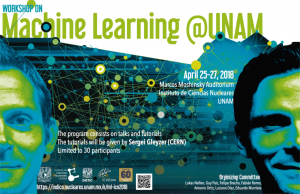
- Four lectures and tutorials on data science in the International School on High Energy Physics TAE 2017 in Benasque, Spain in September 2017
- invited lectures for high-energy physics Ph.D. students
- Machine learning lecture at the BigDataForHealth (IBD4HEALTH2017) School at the European Scientific Institute in Archamps, France in July 2017
- Invited machine learning lecture for international medical Ph.D. students
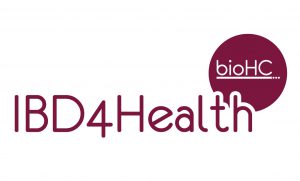
- Two machine learning lectures and tutorials at CERN OpenLab in Geneva, Switzerland in July 2017
- Data science lectures for international summer computer science and engineering students at CERN
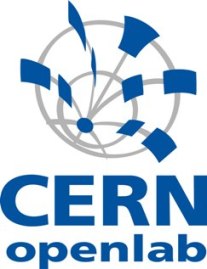
- Mini-course on machine learning (remote) for National Academy of Science University in Ukraine from CERN in March 2017
- I was invited to give four remote data science lectures to Ph.D. students in mathematics, statistics and physics
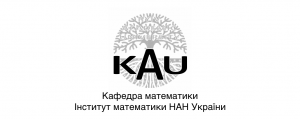
- Mini-course on data science to Sanofi Pasteur at in Lyon, France in March 2017
- I was invited to teach a data science course (on behalf of CERN) to data science and statistics specialists from a global pharmaceutical company Sanofi Pasteur specializing in vaccine production
- News article about the course

- Machine learning lecture and tutorial at the BigDataForHealth (IBD4HEALTH2016) School at the European Scientific Institute in Archamps, France in July 2016
- Lecture and tutorial in machine learning for international medical Ph.D. students

- Machine learning lectures and tutorials at CERN OpenLab in Geneva, Switzerland in July 2016
- Data science lectures for international summer computer science and engineering students at CERN

- Data science lectures for international summer computer science and engineering students at CERN
- Mini-course on machine learning in Rio-de-Janeiro, Brazil in November 2015
- Invited to teach data science for two weeks to a consortium of universities in Rio-de-Janeiro (UERJ, UFRJ, CBPAF) as part of CERN’s EPLANET program
- News article about the course
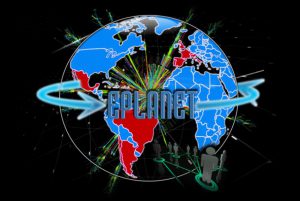
- Machine learning tutorials at the Data Science at the LHC Workshop in CERN in November 2015
Image: https://indico.cern.ch/event/395374/images/6097-affiche_V6_Data_Science__LHC_2015-2.jpg
- Machine learning lectures and tutorials at the DESY Statistics School in Hamburg, Germany in February 2014
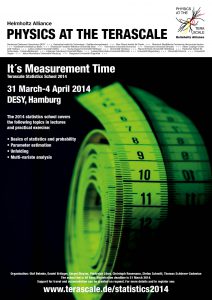
- Machine learning tutorial at the 2nd Southeastern CMS Physics Workshop in Florida International University in Miami, Florida, February 2007
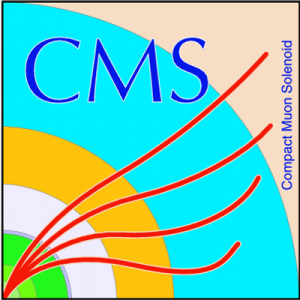
K-12 Teachers and Project CODER
As part of project CODER, I have organized four workshops targeting high school teachers in the use of interactive technology to introduce computer science and data analysis into classroom activities.
During the workshops we worked with the dozens of K-12 teachers on integrating programming and data analysis into classroom activities and taught concepts of particle physics to be introduced at an appropriate level to the students.
As part of the project I also organized the Open Data Working Group for the high school teacher program at CERN. This group of teachers also created classroom activities based on Project CODER to be used in their classrooms.
We have received overwhelmingly positive feedback from the K-12 teachers, and the project is currently adopted by one of the major school districts in the Orlando, Florida area.
K-12 Students
As part of project CODER, I have worked with five high school students on learning the basics of programming and how to analyze open particle physics data from the CMS experiment. The students and K12 teachers benefited from mutual interaction that helped shape and improve the materials that eventually made it into the K-12 classrooms.
